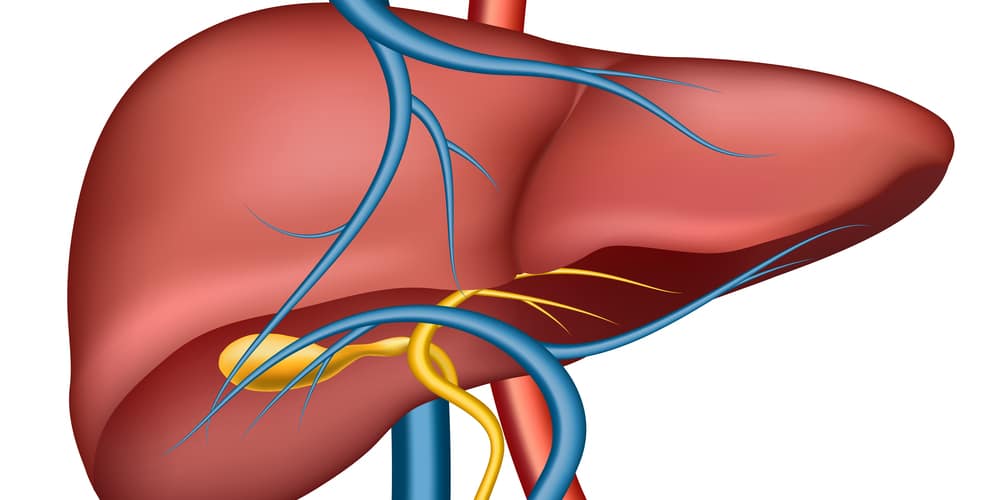Pregnant? Here’s why air pollution could harm your baby and what you can do
Rising air pollution in India is increasingly affecting pregnant women, leading to risks such as premature birth, low birth weight, and respiratory complications
Author
Author
- admin / 2 months

- 0
- 6 min read

Author
Pregnancy, a period when every precaution matters for the health of both mother and child, is now facing a new challenge from polluted air.
A 2025 study highlights the severity of the issue, showing a clear link between air pollution and adverse birth outcomes, which found that mothers exposed to particulate matter 2.5 during pregnancy had a heightened likelihood of delivering prematurely compared to unexposed mothers.
Researchers found that “approximately 13 per cent of children were born prematurely, and 17 per cent were born with low birth weight. Increased ambient particulate matter 2.5 concentrations during pregnancy were associated with higher odds of low birth weight.”
1/2 “In Delhi, there are a large number of sources that are present within the city, which include transport, waste burning, construction, road dust, and various other local sources, that contribute to say 35-40% of the air pollution. Then you have sources located just outside… pic.twitter.com/vsq2TEPzQl
— Sustainable Futures Collaborative (@SFC_India) November 14, 2025
With air pollution worsening nationwide, the risks for expectant mothers are mounting. To understand the real-world impact, First Check spoke to Dr Swati Rai, Consultant Gynaecologist and Laparoscopic Surgeon at Motherhood Hospitals, Noida, about what this means for pregnant women today.
How does air pollution affect pregnancy?
Dr Swati Rai explains that air pollution has a significant impact on pregnant women, as pregnancy itself is an immunological state.
“Pregnancy reduces immunity, and exposure to allergens, pollens, or particulate matter in polluted air affects immunocompromised people, including children, the elderly, and pregnant women,” she said.
The effects are not limited to the mother alone. The baby is also at risk. Respiratory issues caused by air pollution, such as cough, breathlessness, or asthma, reduce oxygen-carrying capacity, which can lead to fetal growth restriction. Dr Rai notes, “This can result in low birth weight babies and may even trigger premature labour.”
She highlighted that seasonal pollution worsens these problems. “Many women experience chronic cough, breathlessness, anxiety, and palpitations during this season. Viral infections that previously resolved in a week now persist and are aggravated by pollution,” she said. Chronic cough and associated respiratory strain can also cause abdominal and rib pain, which is common in pregnancy.
Even healthy women with no underlying risk factors are affected. Dr Rai emphasised, “Even if a pregnant woman is eating well, taking proper supplements, and maintaining a healthy lifestyle, her baby can still experience growth restriction or low birth weight due to the unavoidable effects of air pollution.”
Frequency of air pollution-related pregnancy complications over the years
Dr Rai highlighted that pregnancy-related complications linked to air pollution have increased significantly over the past decade. She observed that ten years ago, air pollution was not a major concern for pregnant women. “If I talk about ten years back, it was never a matter of concern. Now, every year, we are seeing an increase in incidence. Low birth weights are more common, and many women may or may not show symptoms,” she said.

Even women without obvious symptoms are affected because they are breathing the same polluted air. The result, according to Dr Rai, is often low birth weight. She added that women with pre-existing conditions such as asthma or seasonal allergies are particularly vulnerable. “For those already asthmatic or prone to allergic asthma, the incidence has also increased. They develop chronic symptoms more easily,” she explained.
The effects of air pollution extend beyond pregnancy. Dr Swati Rai noted that even after childbirth, women often “continue to experience prolonged respiratory problems. Many report persistent breathlessness and chronic cough, which are not linked to viral infections but are a direct result of exposure to polluted air.”
Early warning signs pregnant women should watch for
Dr Rai explained that pregnant women should be attentive to certain early symptoms that may indicate the effects of air pollution. These can include a persistent dry cough, often noticed in the morning and not producing any sputum. “If a pregnant woman has a dry cough that occurs randomly and without any clear pattern, it could be linked to air pollution,” she said.
Other common signs include sore or dry throat, irritation or itching in the eyes, mild headaches, and drowsiness even after adequate rest. Dr Rai emphasised that these symptoms, “though seemingly minor, can indicate exposure to polluted air and should not be ignored.”
What are the safe steps pregnant women can follow
Dr Rai emphasised that while exposure to outdoor air pollution cannot be completely avoided, pregnant women can take several measures to reduce its impact. She advised staying indoors as much as possible and using air purifiers along with air-purifying plants. “If windows are open, the air purifier cannot work effectively. Keeping indoor spaces closed is important,” she said.
Maintaining proper hydration is also crucial. Dr Rai recommended “drinking at least 3.5 litres of water daily. The diet should include antioxidant-rich fruits and dry fruits to help strengthen immunity.” Additional practices such as steam inhalation and drinking lukewarm water can also help minimise the effects of pollution.
However, she acknowledged that once a woman steps outside, exposure is largely unavoidable despite masks or other precautions. This poses a particular challenge for working women who cannot always avoid outdoor air or commute daily. Dr Rai suggested practical solutions for this group, including discussing work-from-home options with employers or consulting obstetricians for temporary adjustments. “If you are not feeling well, your doctor can guide you and help modify your work arrangements,” she said.
She also emphasised the need for greater awareness about seasonal air pollution. Many pregnant women remain unaware of the risks, and by the time they realise, the effects may already be taking a toll on their health and that of their baby. “Many women continue to suffer because they are not aware of the risks. By the time they realise, the effects are already present,” she added.
Also read: Air pollution in India is fueling an asthma crisis: Here’s what you need to know










